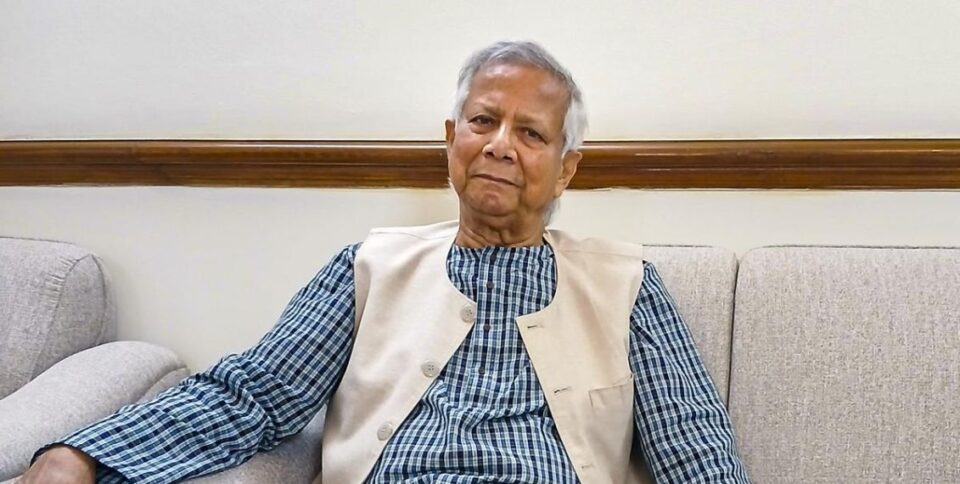NEW YORK, Sept 27 – Dozens of former heads of state, diplomats, and global dignitaries gathered in New York on Friday to meet Chief Adviser Professor Muhammad Yunus, voicing strong support for Bangladesh’s interim government and its roadmap for democratic transition.
The high-level meeting, held at Prof Yunus’s hotel suite on the sidelines of the 80th UN General Assembly session, included prominent figures from Europe, Africa, Asia, and international institutions.
Leaders Express Solidarity with Bangladesh
The delegation was led by former Latvian President Vaira Vīķe-Freiberga, co-chair of the Nizami Ganjavi International Center (NGIC). Attendees included former presidents Borut Pahor (Slovenia), Boris Tadić (Serbia), Egils Levits (Latvia), George Papandreou (Greece), Rosen Plevneliev (Bulgaria), Petar Stoyanov (Bulgaria), Ivo Josipović (Croatia), Mladen Ivanić (Bosnia and Herzegovina), and Ameenah Gurib-Fakim (Mauritius).
Also present were Charles Michel (Belgium), former Commonwealth and UNGA leaders, human rights advocate Kerry Kennedy, NGIC co-chair Ismail Serageldin, senior officials from the IAEA, and the Georgetown Institute for Women, Peace and Security.
Many pledged technical expertise and policy guidance to help Bangladesh rebuild after what Prof Yunus described as “a 15-year-long earthquake” marked by corruption, misrule, and economic mismanagement.
Call for Free and Fair Elections
Prof Yunus urged the international community to support Bangladesh’s upcoming general elections in February.
“We need your guidance. Your advice, support, and moral strength will be invaluable,” he said.
Melanne Verveer of the Georgetown Institute announced the institute’s formal endorsement of the July Revolution, while Kerry Kennedy praised Bangladesh’s progress on human rights during her recent visit.
“This is totally unexpected. To see you come together like this in support of us — it’s unbelievable,” Prof Yunus said, expressing gratitude for the international solidarity.
Background
-
Prof Yunus became Chief Adviser following the July Revolution that ousted the previous government amid allegations of corruption and authoritarianism.
-
The interim administration has promised free elections, economic reforms, and anti-corruption measures to restore democracy and stability.
-
Bangladesh faces economic and social challenges but has pledged reforms in governance, education, and human rights.

